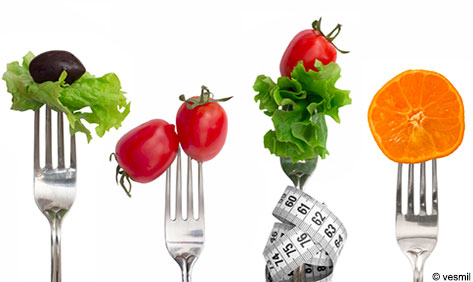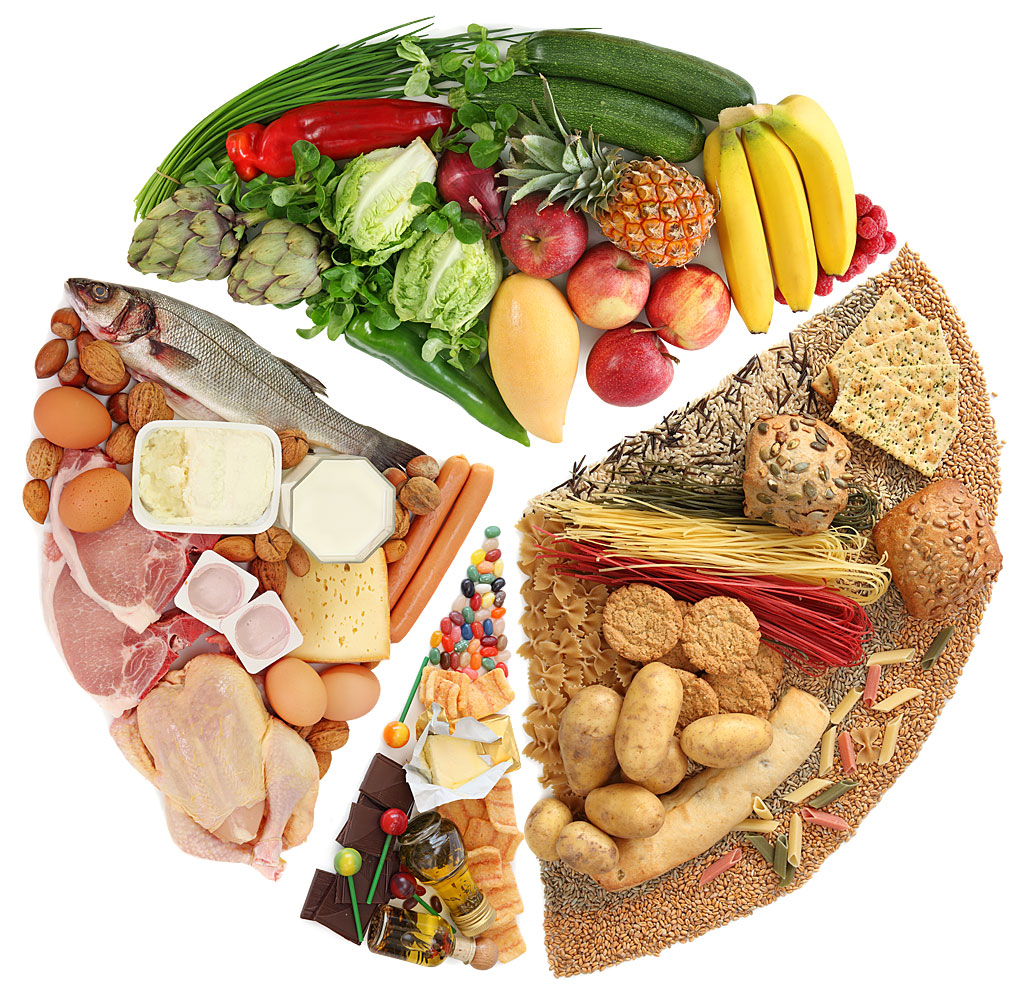 It’s easy to lose weight and you do not really know how to do it? To lose weight permanently, it is better to make some dietary adjustments and some exercises rather than starve unnecessarily. Doctissimo gives you some tips to lose weight without false and quickly.
It’s easy to lose weight and you do not really know how to do it? To lose weight permanently, it is better to make some dietary adjustments and some exercises rather than starve unnecessarily. Doctissimo gives you some tips to lose weight without false and quickly.
You can successfully lose a few kilos to two conditions: change your eating habits and increasing physical activity. If you do not practice any physical exercise today, it is not mandatory to play sports, but a daily walk or some swimming each week can already do a lot.
If you need to lose five kilos or more, please consult a doctor or dietitian because you need regular monitoring.
How to lose weight permanently
To lose weight you have to press a few solid principles:
• Give yourself time, at least a month to lose 2-3 kilos;
• Prevent cravings and fatigue;
• While standing regulations established at the outset;
• Avoid deficiencies in vitamins and minerals;
• Do not use medication or special food for diet;
Keep maximum pleasure to eat.
The basic rules to lose weight
To change your diet, you have moderately reduce calorie intake, ie first the fats and sugars. Always observe good dietary practice (see “Guide to good eating practices”) by adding a few simple rules.
• Do not skip meals, especially breakfast which must remain plentiful. Make a light evening meal.
• Do not eat between meals. If you are hungry between meals, drink a large glass of water, coffee or tea without sugar. Drink also before the meal and during the meal.
• Continue to eat starchy foods at each meal: pasta, rice, potatoes or bread. They provide a sense of satiety and provide the energy you need, as well as fiber. However all that accompanies them is limited to: fatty sauces, butter, cheese, cream, etc. We must therefore consume only these starchy or a seasoning without sugar or fat free.
• Remove sugary soft drinks.
• Eliminate alcohol and beer. You can continue to drink wine, preferably red, limiting yourself to one drink a day.
• Avoid eating outside your home because it is more difficult to control your diet. The restaurant is sometimes possible, with friends it is more difficult … If you do a good meal with others, we must then try to reduce the quantities and especially never serve you up a dish.
• Choose lean meats and favor poultry without skin, fish and shellfish.
• Watch out for hidden fats: avoid all meat in sauce, fatty meats, rich gratins in milk, butter or cream, cheese and eggs, fried foods, cakes and pastries, sweets and chocolate, ice cream, appetizers cakes.
• Eat vegetables at will and in all forms: raw, cooked in soup.
• Eat two fruit per day, but no more.

Eat right:
To lose weight, it is useless to deny or fall into the trap of the plans. What is needed is to take good habits.
The National Plan Nutrition Health recommends eating 5 fruits and vegetables a day, a starchy food at each meal, dairy products and limit too fatty, too salty or too sweet. In practice, how do we do?
Carrots, zucchini, tomatoes, apricots, strawberries, pears … All provide essential nutrients: vitamins, minerals, carotenoids and of course fiber. They are very low in calories while satiating. Thus they make from 15 to 25 calories on average per 100 grams of vegetables and 40 to 50 calories per 100 grams of fruit. The comparison between an apple and biscuits is telling: 200 grams of apple provide as many calories as 25 grams of biscuits.
In practice: instead of counting each day how much you ate fruit or vegetables, which may become binding, just think still have half the meal in the form of fruits and / or vegetables. For example, a fruit juice and a bowl of cereal for breakfast, a meat and mashed vegetables at lunch. Also remember to bring a snack fruit if you get hungry during the day.
A starchy food at each meal? Who says starchy said sugars and fibers. Here we talk about carbohydrates, essential to provide energy throughout the day. That’s why athletes take a pasta dish a few hours before exercise. As for the fibers, they have the advantage of being satiating. As for fruits and vegetables, it is advisable to vary starchy foods: white bread, brown, cereal, but also rice, wheat, pasta or lentils, beans, peas, potatoes, etc.
And milk? Dairy products (milk, yoghurt, cheese …) contain calcium, which is essential both to form good bones during childhood and to keep them strong as long as possible and avoid osteoporosis. Again, it is desirable to vary the maximum, avoiding still abusing dairy kind Liege desserts, egg custard, custard … not as rich in calcium as yoghurts and who cons are often more calories.